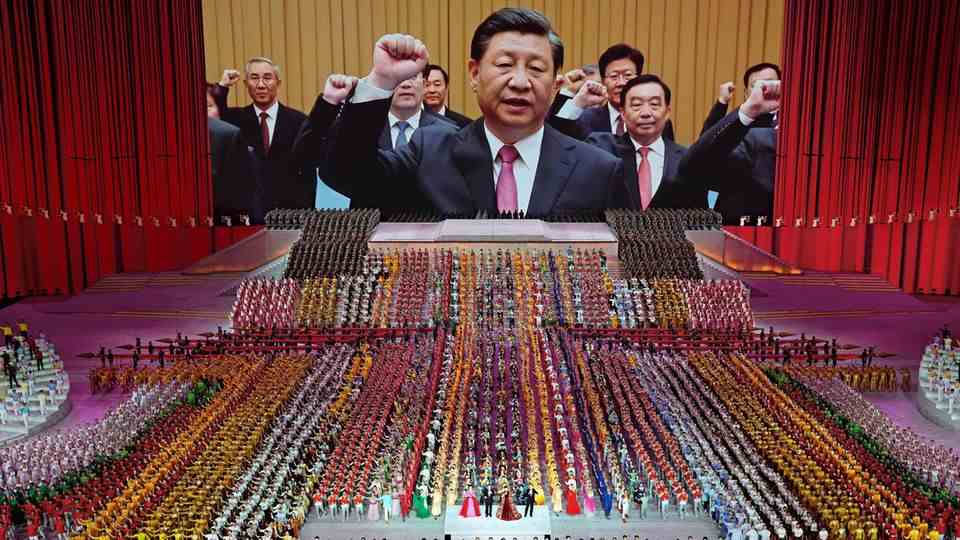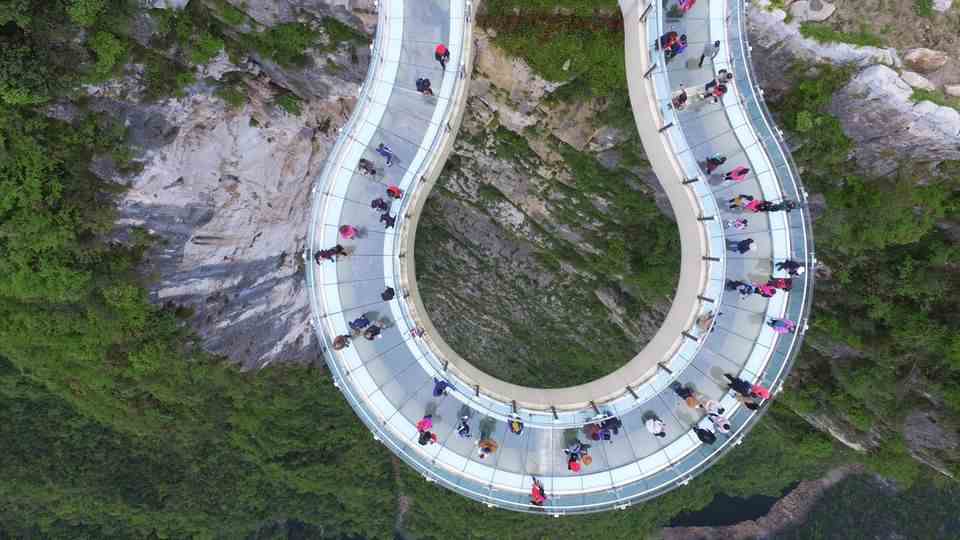Alleged Fraud
Chinese twin sisters swap passports to get visas – now they’ve been arrested
Two twin sisters at a festival in China (symbol image).
© Imago Images
Police in China arrested two sisters who are said to have used each other’s passports more than 30 times to travel. But at some point it went wrong.
Police in northern China arrested two twin sisters accused of exchanging passports dozens of times to help each other leave the country.
One of them, Mouhong Z., is married to a Japanese man and wanted to visit him. When she was denied a visa to leave China, she turned to her sister Mouwei, who has a valid visa for Japan, for help, the South China Morning Post reports.
Sisters face jail time in China
Because the twins from the city of Harbin in China’s Heilongjiang province look strikingly alike, Mouhong was able to easily pose as her twin and is now accused of traveling to Japan and Russia under false identities. Police said they left China more than 30 times before authorities arrested them, according to the South China Morning Post. Neither the age of the women was known nor how the officials managed to uncover the alleged fraud.
Mouwei also used the resemblance to her sister and traveled to Thailand four times, each time allegedly pretending to be Mouhong. According to Xiaodong Wang, a local immigration police officer, it is illegal to “exploit one’s DNA” to travel. After all, you could also “inquire with the immigration authorities about your passport problems, but you cannot travel abroad with someone else’s passport,” the South China Morning Post quoted the police officer as saying.

The police are currently investigating the women for “disrupting the administration of the territory or the border,” which is considered a crime in China. According to a lawyer quoted by the South China Morning Post, the two sisters could face a fine or up to a year in prison.
Source: “South China Morning Post”



